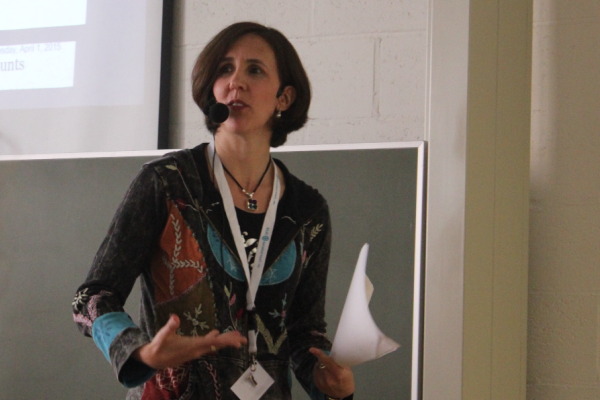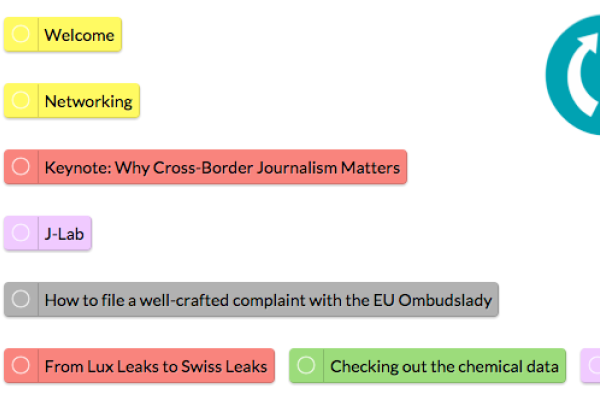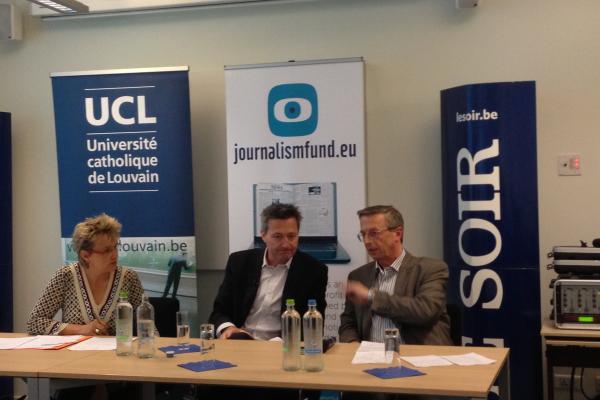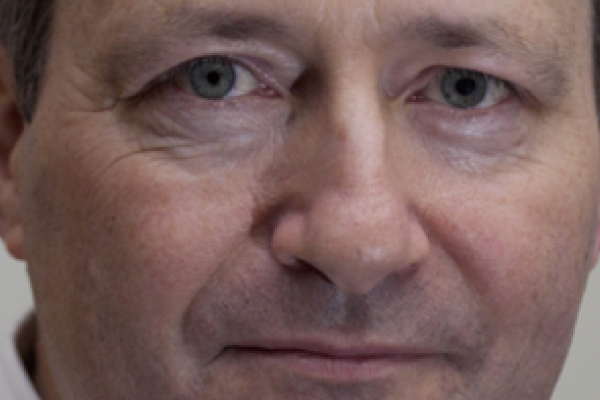“In 1976, investigative journalist Don Bolles was killed in Arizona. He went to a hotel to meet with a source and when the source didn’t show up and he walked back to his car, it was blown up. His colleagues were shocked by his death, but were also determined to finish his work. Thirty-eight journalists came to Arizona to expose Arizona’s underworld. Some stayed for a week, others a month. Somebody had to be killed to know: there is strength in numbers.” Marina Walker Guevara opened her keynote speech with The Arizona Project, a landmark example of why collaboration matters. The deputy director of ICIJ went on to explain the advantages and difficulties of working together with journalists around the globe.
“Investigative journalists look like the lone wolf that cries in isolation”, she explained. “The wolf works alone, wins a prize and goes back to working alone. So the main question is: how to make them break with their old ways of working alone? What happens if you’ve never shared with anyone? What if you have a story that is too big for your organization?”
Apparently, you have to take a leap of faith. “Gerard Davet and Fabrice Lhomme, investigative journalists at Le Monde, are two of those typical lone wolves. The editors never know where they are. They dress the same, think the same and only trust each other. They came across a set of documents with information on how the bank HSBC was doing business with criminals, drug traffickers and tax evaders. The real story was not in the French cases, but the Turkish, Greek, Brazil files. There was a bigger story to write. We had a cheeky proposition for them: give us all your documents and we will share them with eighty, a hundred journalists around the world, as if we are one big happy family! We had to convince them. At first they were not interested, but after a few weeks they came back because they couldn’t find people in their own network. The key is to give journalists a story they can’t refuse. Stories were published in 45 countries and they send shockwaves around the world. Collaboration amplified the impact enormously.”
Collaboration also provides protection, Marina Walker Guevara stressed. “When we published, ICIJ was threatened. ‘You will be sued by every oligarch in the world!’, they said in the beginning, but because of how the story spread out in the world, the bank couldn’t contain it in traditional ways. We had more than 175 reporters in 56 countries from 65 media organizations and 400 original stories. All the subpoenas subsided.”
Not all collaborations are only rosy though, they can be a nightmare. “A project manager has a hard job and very few people want to do this job bringing together neurotic people around the world – everybody wants to do the reporting. You also have to pick carefully who you work with. Ask yourself: ‘Do I want to have dinner with this person?’ Think of the whole person and not only the skills.” For ICIJ, it’s been trial and error.
It’s the type of stories ICIJ is trying to tackle that require journalists to work together, but also the kind of data. You cannot go through hundreds of folders on your own. Finally, they are all stories with a global impact that will make a long lasting change in society. “The lone wolf is used to getting scoops and not sharing. To share, you have to be a giver. In the end, though, you will get back a lot more than you gave. There is enough opportunity for all of us to be lone wolves, as long as we also collaborate”, Walker concluded.
By Ann-Marie Cordia
Photos © Rafael Njotea and Sofie Defour
--
Read the interview with Marina Walker here.
Find all post-conference wrap-ups, presentations etc. here.



